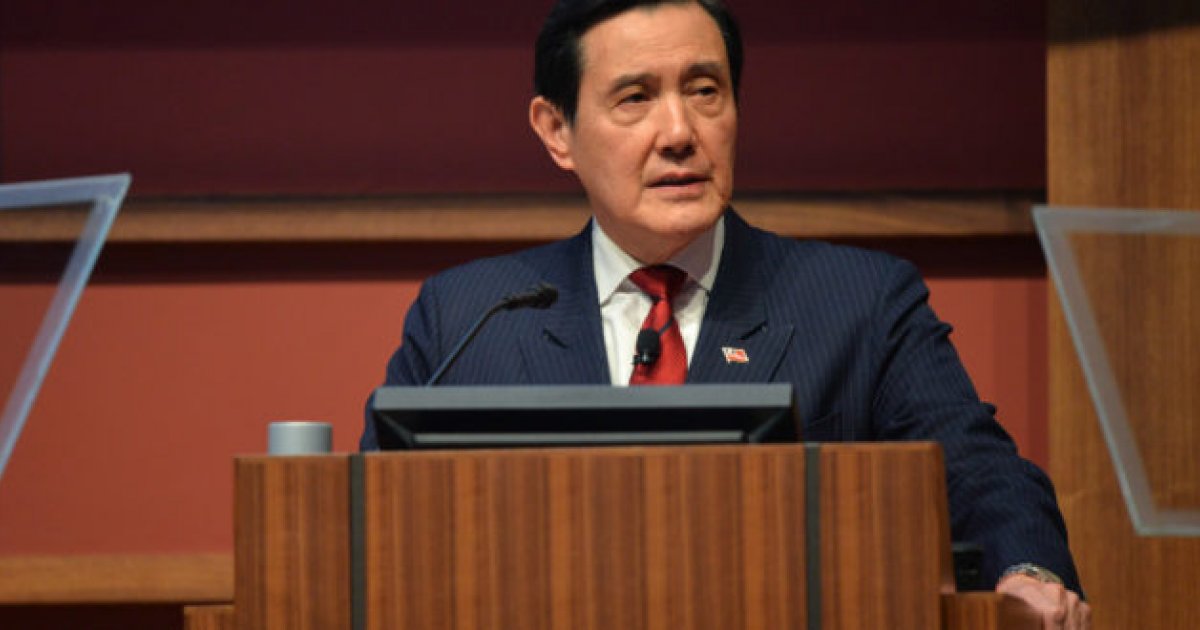Before I get into the rest of this, let me just say up front: no, Taiwan is not an illiberal democracy. It's as liberal, robust, and resilient as any of the Third Wave cases, and it's made major strides over the last 20 years in addressing some of its remaining democratic shortcomings, from strengthening the rights of criminal defendants to reducing the prevalence of vote-buying in elections. Ma has been hammering away at this theme for at least three years now (for instance, see here, here, here, and here), but his evidence of a DPP turn toward illiberalism in Taiwan has always been exceptionally weak, and until now I've considered this claim to be partisan political rhetoric intended solely for a domestic audience and not worth taking seriously.
Taiwan at the Summit for Democracy
But this time is different. The Biden administration just hosted its Summit for Democracy, which has helped intensify an international debate about what democracy is, how it should be strengthened, and which countries are falling short of the democratic ideal. Taiwan got invited to the summit, and a Taiwan official, Audrey Tang, was given a prime speaking slot to talk about digital democracy. (Beijing of course did not get invited and is pretty salty about the whole thing.) The timing of this op-ed, and the fact that Ma's office has translated it into English, suggests he really does want to tap into this debate and attract the attention of a foreign audience.
In that context, Ma's latest piece really sticks in my craw. He's asserting that the DPP government has "abandoned 'democracy' in favor of 'illiberal democracy'" and isn't a "worthy participant" in the Summit for Democracy. And yet, by most comparative measures, Taiwan's democracy is at or near the best shape it ever has been in. It has a freewheeling media ecosystem with many outlets that are highly critical of the government, frequent public demonstrations, broad protection for academic freedom and speech, and a judiciary that is far more independent of partisan politics than those in Korea, Malaysia, or Singapore. The Tsai Ing-wen administration's behavior in office is worlds apart from the illiberal tendencies of governments in Hungary or Turkey or the Philippines: nobody in Taiwan is shutting down universities or imprisoning journalists or murdering civil society activists, and that's something to celebrate, not pick at.
I have a lot of respect for former president Ma, and I think a lot of what he accomplished during his presidency is undervalued or under-appreciated. He was certainly subject to a lot of accusations that he was destroying democracy in Taiwan, too--also mostly unwarranted. But I think he's pretty off base here. And it's rather disappointing that he's chosen to stay involved in partisan politics like this after leaving office, rather than playing a post-partisan, elder statesman role.
For those interested in a more detailed rebuttal, hit the jump.

 RSS Feed
RSS Feed
